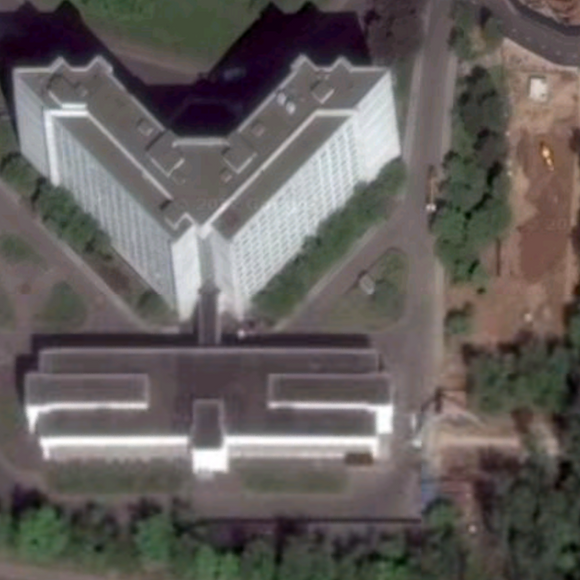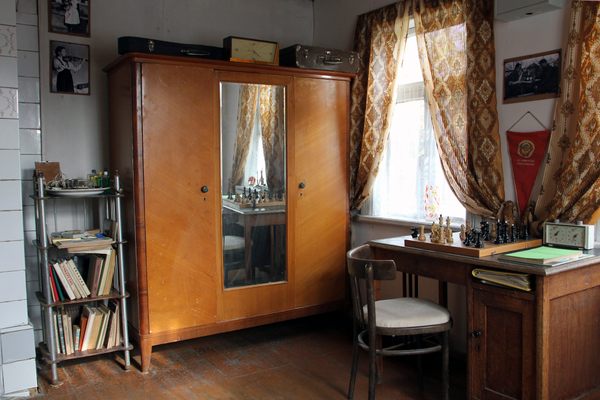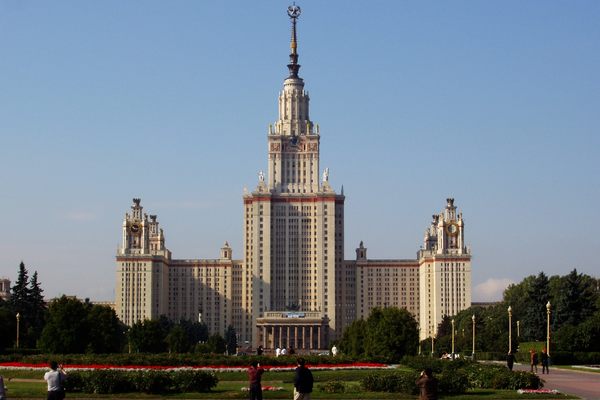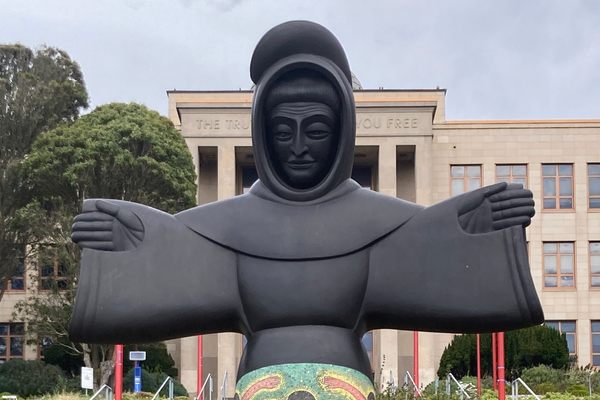The Kamera (The Chamber)
The laboratory where the Soviet secret police invented exotic poisons used to kill dissidents in hideous and (mostly) untraceable ways.
It’s no secret that the KGB used assassination, often by poison, to silence political dissidents that spoke out against the Soviet regime (known within the agency as “liquid affairs”). What remains shrouded in secrecy to this day, however, is the mysterious laboratory where the Soviets invented new methods of poisoning enemies of the state without leaving a trace.
The Soviet Union’s secret poison factory was established in 1921, not long after an attempted assassination of Vladimir Lenin via poison-coated bullets. Originally dubbed the “Special Room,” it was later called Laboratory No. 1, Lab X, and Laboratory No. 12 before becoming known simply as the Kamera or “the Chamber” under Joseph Stalin.
When it comes to murdering your enemies for political power, poison has been a popular weapon of choice since ancient times. But the goal of the Chamber was to devise a poison that was tasteless, odorless, and could not be detected in an autopsy, so as to protect the anonymity of the assassin. This led to such innovations as a cyanide that could be deployed as a mist, a poison that made the cause of death appear to be a heart attack, and a gas pistol that could shoot liquid up to 65 feet away. One politician was killed by a poison sprayed onto his reading lamp, which the heat from the bulb caused to disperse through the room with no trace.
As for the lab itself, very little is known to this day, including the exact location. KGB agents were not allowed to enter the lab or ever told of its whereabouts; only Chamber staff and high-level officials were allowed in. Some disturbing details were revealed in 1954 by a KGB defector, who admitted that poisons were tested on political prisoners and described the lab as being near the secret police headquarters in Lubyanka.
The Soviet government, for its part, had just the previous year claimed that the lab was abolished. But many believe it may still be functioning in some form today, and the lethal innovations developed there still in use. Though it’s been some 30 years since the fall of the Soviet Union, even within the last decade enemies of the Kremlin have been found dead in mysterious circumstances, including some, apparently, by poison.

















Follow us on Twitter to get the latest on the world's hidden wonders.
Like us on Facebook to get the latest on the world's hidden wonders.
Follow us on Twitter Like us on Facebook